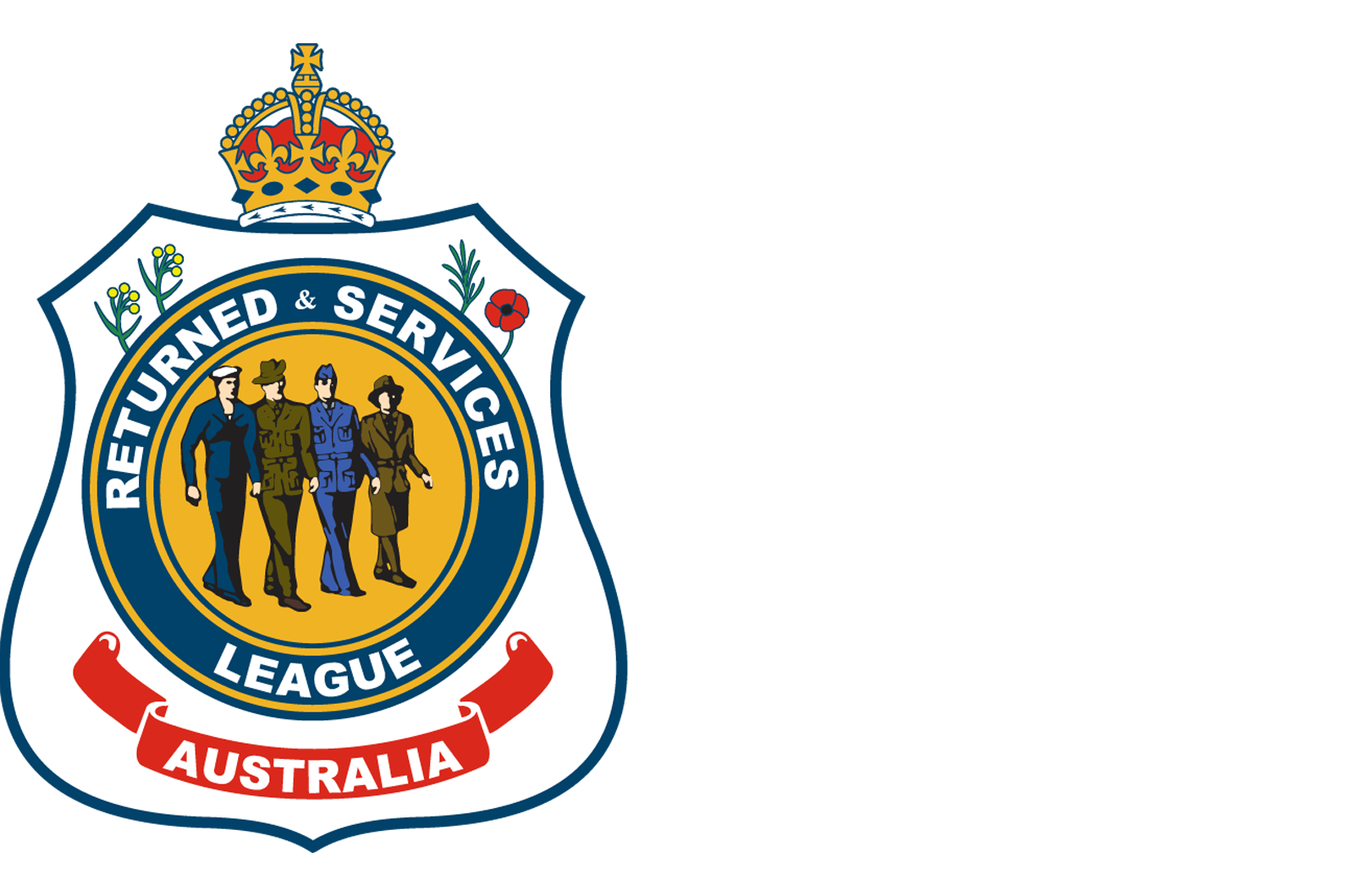14 February 2025
How veterans and Defence partners can leverage strengths for civilian job success
By RSL Employment Program Manager Virginia Coffison
It takes unique strength and skill to transition from military to civilian life, or to balance your partner's military career with your own.
And those very strengths and skills can help you turn career challenges into opportunities.
The RSL Employment Program offers dedicated support and tailored services to facilitate this. As experts in supporting ex-serving Defence members and the partners of current or ex-serving members to secure employment, our team provides an individualised approach to help you successfully navigate the civilian job market, leveraging your unique strengths.
Key strengths for veterans and partners to leverage
Adaptability: You both excel in adapting to new environments, thanks to military training and experience managing household relocations and the impact of Defence requirements on a family unit. This skill is invaluable in a dynamic civilian job market.
Discipline and work ethic: You are often recognised for your strong work ethic, reliability and commitment – qualities that are highly valued in any workplace.
Organisation and teamwork: Military training emphasises structure and collaboration – skills that are transferrable to virtually any professional setting. Partners develop strong organisational and multi-tasking abilities through managing family responsibilities during deployments.
Communication skills: Veterans and veteran/Defence partners come from diverse backgrounds, and often have experienced a wide range of cultures, environments and challenges. This enhances your communication skills and ability to build interpersonal relationships. You have been shown to communicate effectively under pressure; convey complex ideas in a clear, concise manner; and actively listen, which is key to conflict resolution.
Key job search challenges – and tips to solve them
Challenge 1: Skills and experience translation
Veterans may struggle to translate military experience and skills into terms that are easily understood by civilian employers. Meanwhile, partners may have challenges articulating the transferrable skills they’ve gained through career changes and outside of work.
Tip for veterans: Translating military experience into civilian job terms can be tricky. Focus on identifying and clearly articulating your transferrable skills to potential employers, removing jargon or highly technical language.
Tip for partners: If relocations have disrupted your career, it’s important to address this in your application, while emphasising the skills gained through all aspects of your employment and the informal roles you’ve taken on. These skills might be resilience, networking, adaptability, or problem-solving skills.
Challenge 2: Job market familiarity
Both veterans and veteran/Defence partners can lack familiarity with civilian or local job markets, and industry standards (including available roles and industry language).
Tip for veterans and partners: The first and most crucial step to exploring your potential career path is planning and research. To avoid limiting your prospects, spend some time self-reflecting on your lifestyle needs and wants, interests, strengths, skills and qualifications.
Challenge 3: Finding purpose
After leaving the military, veterans may struggle with a loss of identity and purpose. Meanwhile, many veteran/Defence partners may feel their identity is closely tied to their partner, which could impact their confidence or how much they focus on pursuing your own career.
Tip for veterans: Look for roles that align with your values, offer camaraderie and give you a sense of mission.
Tip for partners: Finding a role that provides flexibility and growth opportunities can assist you to support your family and your own pursuits.
Challenge 4: Support networks
Due to transition from Defence, or frequent relocations and posting orders to potentially remote or overseas locations, you both may find it difficult to connect with support networks in your communities, which can aid in job searching and professional development.
Tip for veterans: Take advantage of veteran support services and networks that can aid in your transition, including job placement programs, retraining initiatives and veteran preference in hiring. The RSL Employment Program can help with these.
Tips for partners: While partners traditionally had less access to formal support networks and job placement programs compared to veterans, support for partners is available. It’s important to find support that recognises the unique experience of partners.
How the RSL Employment Program can help
The RSL Employment Program is here to help ex-serving Defence members and the partners of current and ex-serving Defence members to make a smooth transition into meaningful and sustainable employment.
The team can:
- Advise you on how to present your experience in ways that resonate with employers
- Provide career guidance to connect you to fulfilling roles
- Offer career direction while linking you to specialist support services.
For more information
Browse our jobs board or register for support today.

